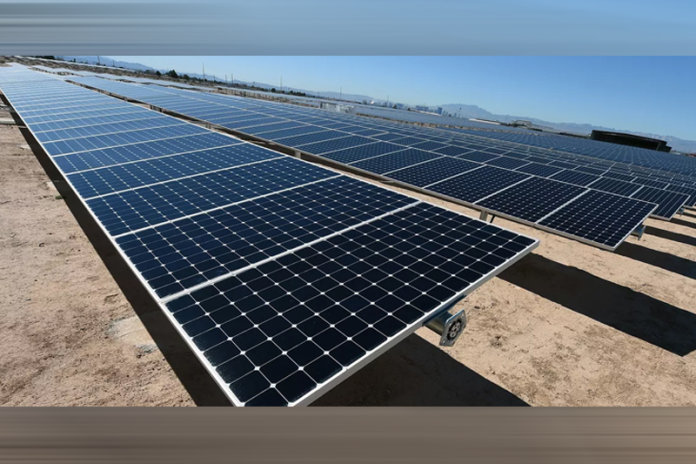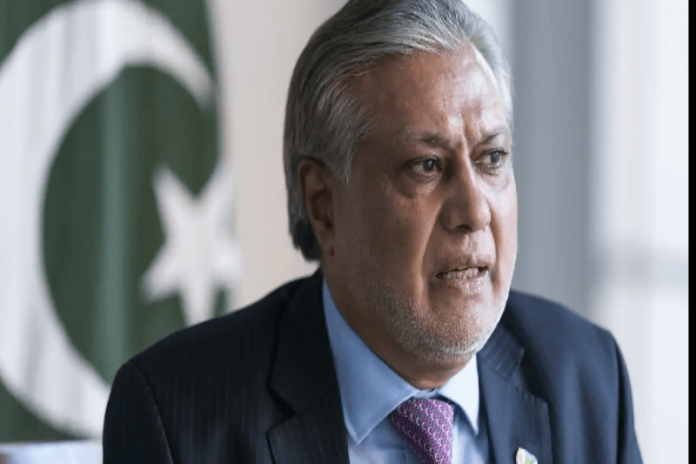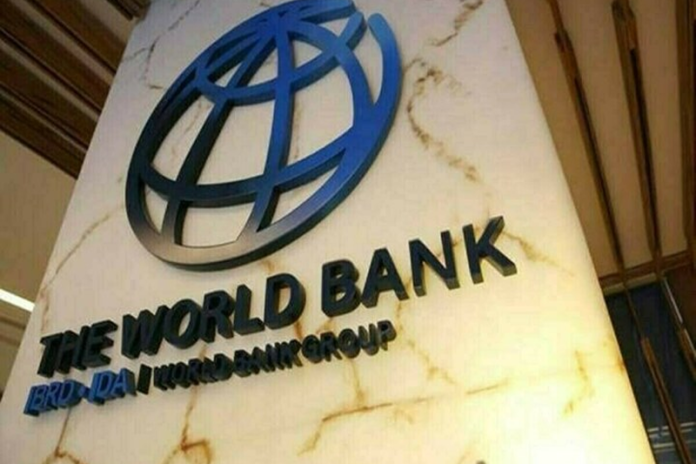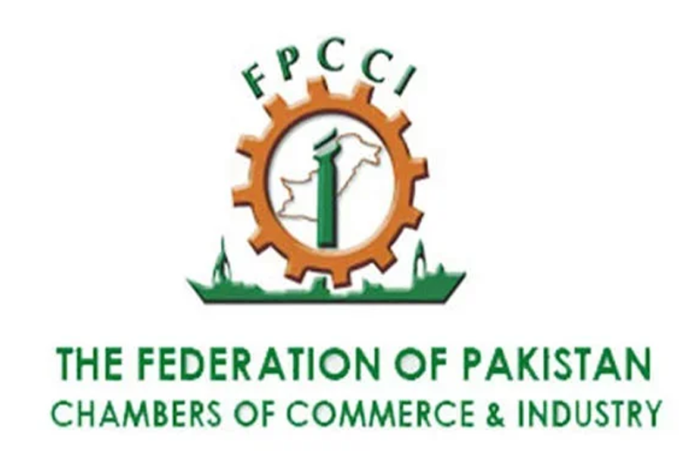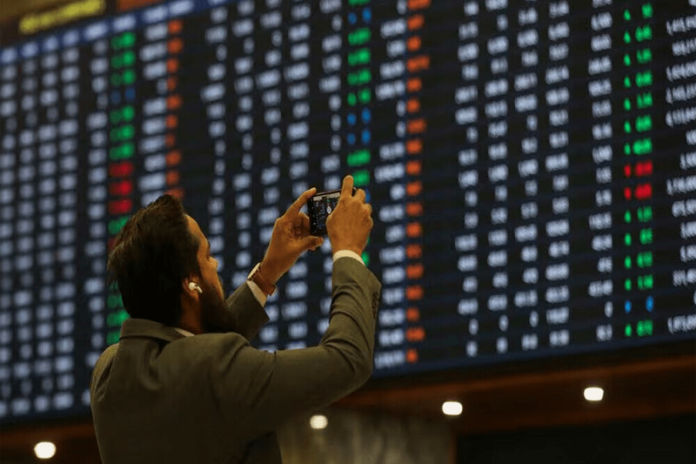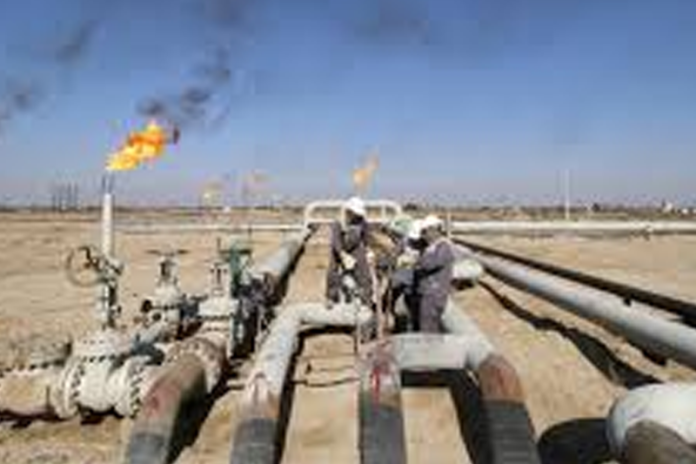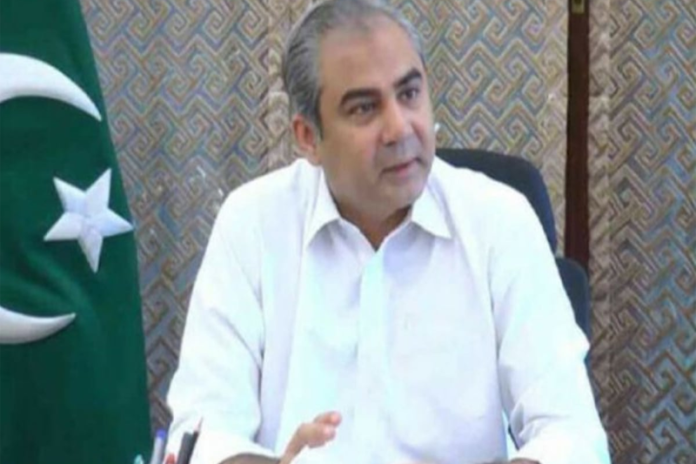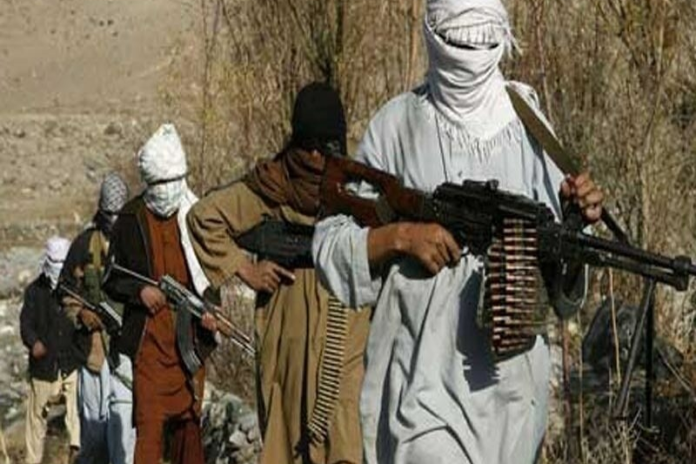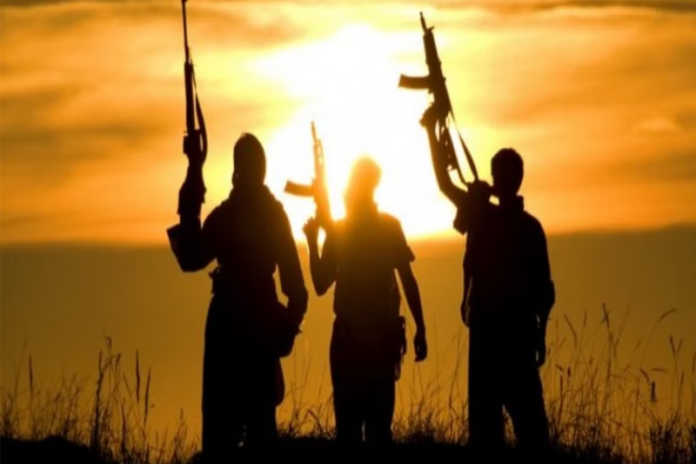The Importance of Peace: cultivating tranquility for personal and societal well-being

- 175
- 0
Peace of mind stands as a fundamental pillar of human existence, surpassing material wealth in its significance. It serves as the bedrock upon which societal development and prosperity are built, enabling the attainment of political stability, economic growth, and cultural enrichment. Before advocating for peace externally, individuals must first cultivate inner tranquility, recognizing it as the collective responsibility of all members of society to uphold peace.
Peace, synonymous with nonviolence, is indispensable for societal advancement and national progress. It creates an environment conducive to growth and cooperation, laying the foundation for societal well-being and harmony. Without peace, the evolution of society and the nation becomes unattainable, hindering progress on all fronts.
Maintaining peace of mind is crucial for personal success and fulfillment. By prioritizing inner peace, individuals can overcome obstacles and achieve their goals with clarity and focus. Furthermore, peace serves as the catalyst for societal advancement, fostering unity and collaboration among diverse communities.
To foster peace at various levels, initiatives must be undertaken to promote equality, justice, and security in political systems. Additionally, advancements in technology and science should be leveraged to benefit all members of society, while a global economic framework can mitigate disparities and promote mutual trust. Ethical practices that prioritize environmental sustainability must be embraced, alongside efforts to eradicate historical prejudices and promote cultural integration.
A holistic approach to peace encompasses mental and spiritual well-being, advocating for empathy and understanding across diverse backgrounds. Embracing diversity and fostering emotional expression can strengthen interpersonal relationships and cultivate a culture of peace and cooperation.
In pursuit of peace, individuals must adopt practices that promote tranquility, such as limiting exposure to stress-inducing stimuli and practicing mindfulness techniques like meditation. Embracing gratitude and focusing on personal growth can also contribute to inner peace and overall well-being. In addition to individual efforts, institutions and governments play a crucial role in fostering peace within societies. Policies that promote social justice, inclusivity, and equality can contribute to the reduction of tensions and conflicts within communities. Investment in education and healthcare infrastructure, particularly in marginalized areas, can empower individuals and promote social cohesion. Furthermore, initiatives aimed at addressing underlying socioeconomic disparities and promoting economic opportunity for all can help alleviate sources of discontent and contribute to a more peaceful society.
International cooperation and diplomacy are also essential for maintaining peace on a global scale. Multilateral institutions and diplomatic channels provide avenues for resolving disputes and addressing shared challenges collaboratively. By fostering dialogue and negotiation, nations can work together to prevent conflicts and promote stability in regions facing political unrest or instability. Additionally, initiatives aimed at promoting cross-cultural understanding and cooperation can help bridge divides and promote peaceful relations between nations.
Moreover, the promotion of human rights and democratic governance are integral to building and sustaining peace. Respect for fundamental freedoms, such as freedom of expression, assembly, and association, fosters an environment where individuals can peacefully voice their grievances and participate in the political process. Furthermore, accountable and transparent governance institutions help build trust between citizens and their governments, reducing the risk of political instability and conflict. By upholding the rule of law and promoting democratic values, societies can lay the groundwork for lasting peace and prosperity.
In conclusion, peace is not merely the absence of conflict but a dynamic process that requires concerted efforts at individual, societal, and international levels. By prioritizing inner peace, promoting social justice and equality, fostering international cooperation, and upholding human rights and democratic governance, societies can build a foundation for enduring peace and prosperity. In an increasingly interconnected world facing complex challenges, the pursuit of peace remains essential for the well-being and flourishing of humanity.
Published in The Daily National Courier, February, 29 2024
Like Business on Facebook, follow @DailyNCourier on Twitter to stay informed and join in the conversation.













